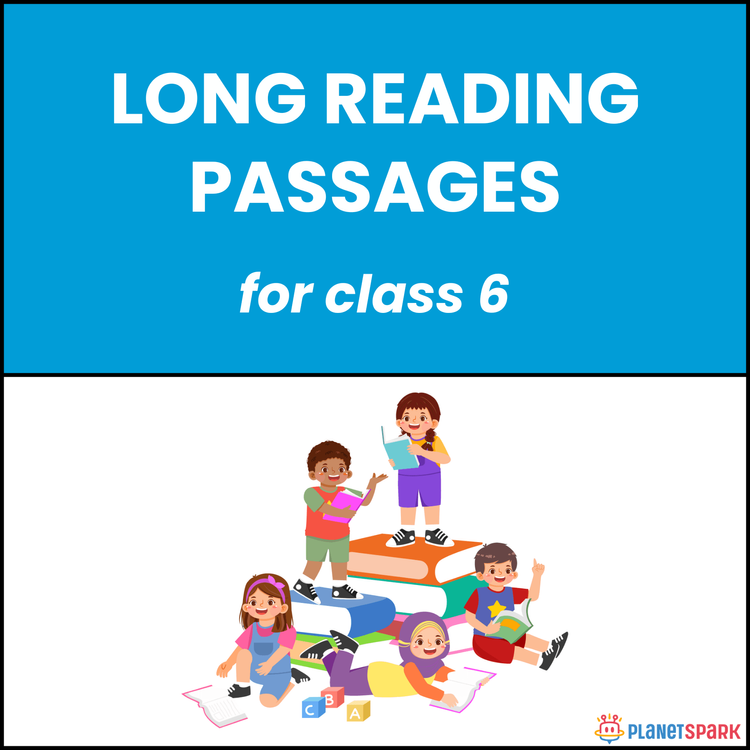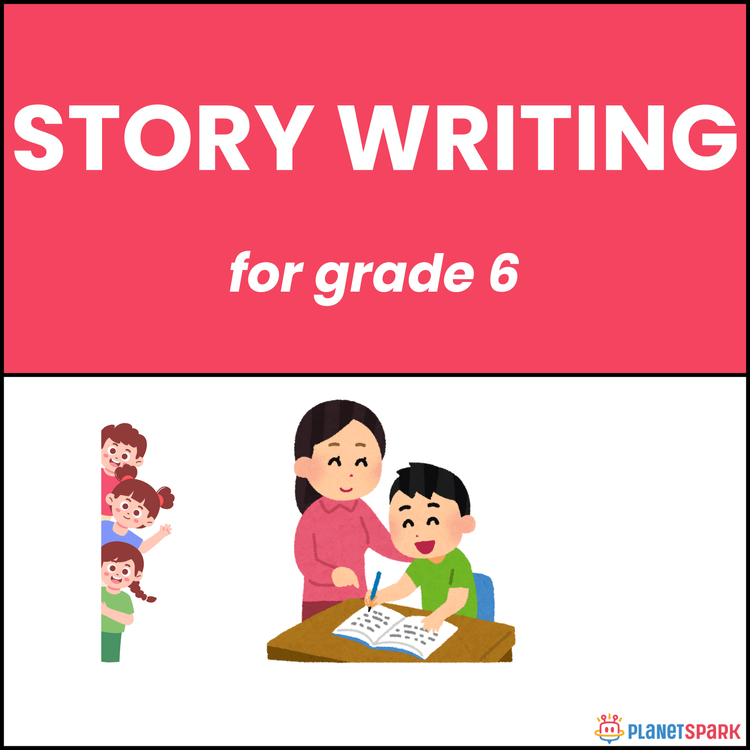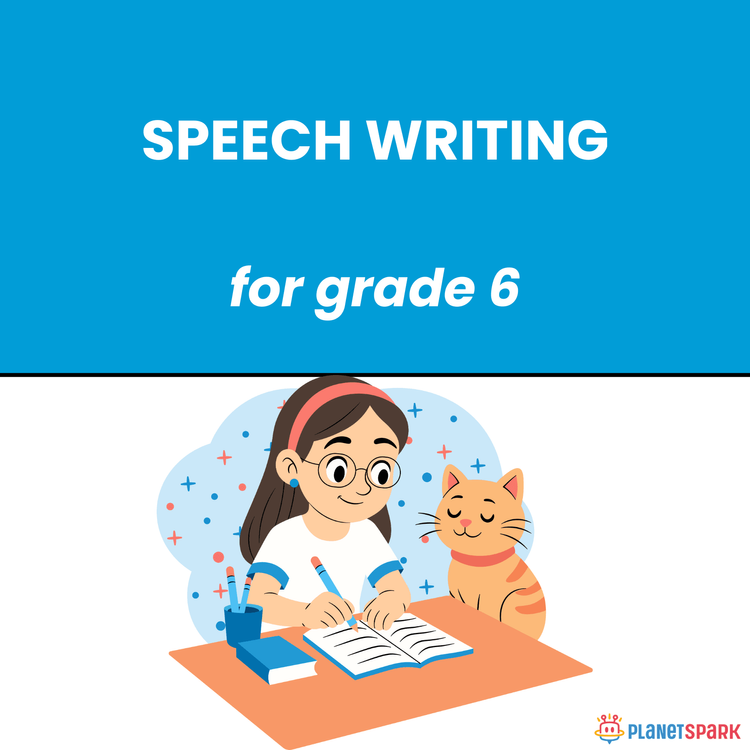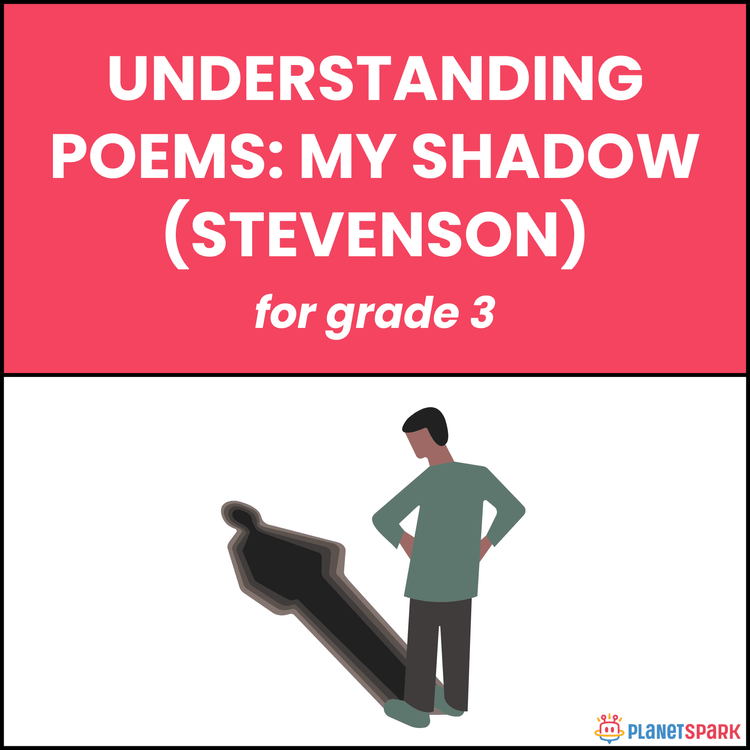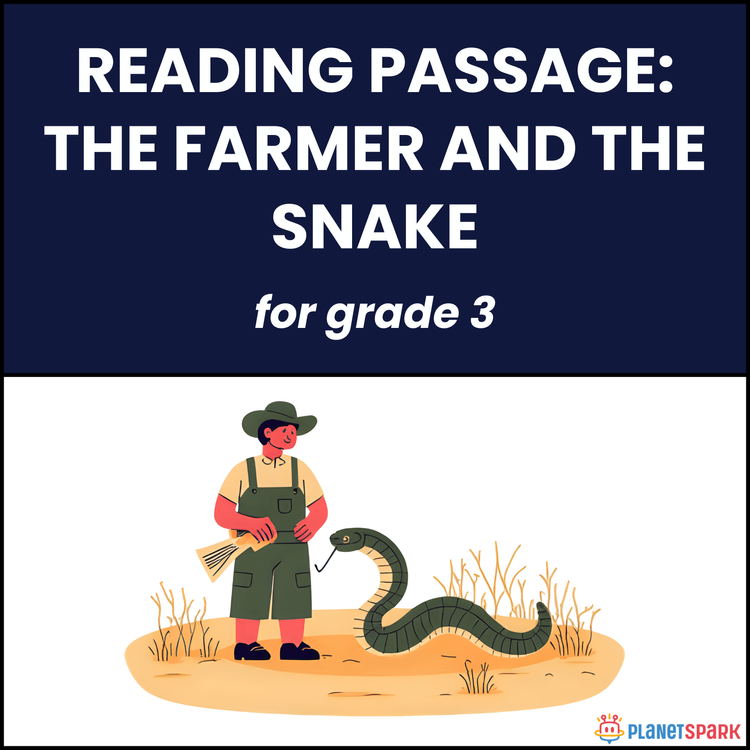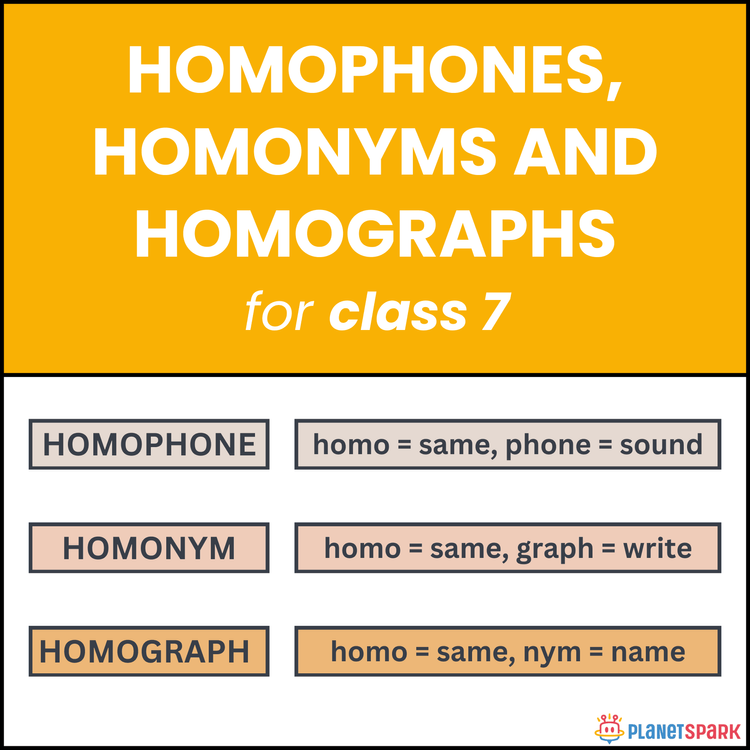Class 6 Grammar Worksheet on Direct and Indirect Speech – Reporting Statements
Class 6EnglishEnglish GrammarFree DownloadPDF
Tanishka SharmaVisit Profile
English teacher with 2 years of expertise from teaching in both IB and CBSE schools.
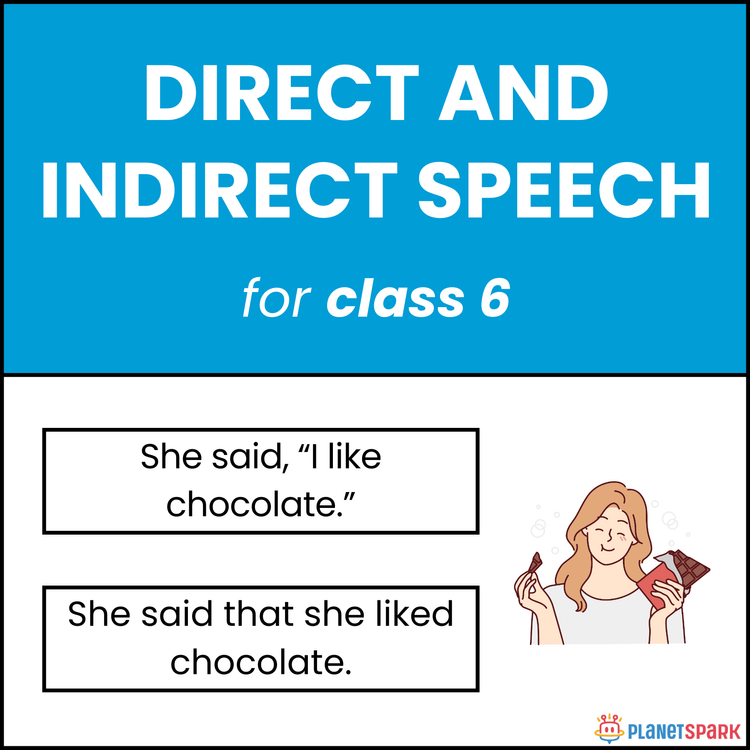

Class 6 Grammar Worksheet on Direct and Indirect Speech – Reporting Statements
Class 6EnglishEnglish GrammarFree DownloadPDF
Tanishka SharmaVisit Profile
English teacher with 2 years of expertise from teaching in both IB and CBSE schools.
Say It Your Way: Direct and Indirect Speech for Class 6
This Grade 6 worksheet helps students master the difference between direct and indirect (reported) speech. With rule summaries, sentence identification, corrections, and transformation activities, learners practice how to quote exact words or report what someone said without using quotes.
Why Direct and Indirect Speech Matter in Grammar?
Understanding speech types improves grammar and storytelling. For Grade 6 learners, this topic is important because:
1. Direct speech uses quotation marks for exact words.
2. Indirect speech removes quotes and changes pronouns, verb tense, and time words.
3. It builds clear writing and reporting skills.
4. It helps children retell conversations and events more naturally.
What’s Inside This Worksheet?
This worksheet includes five practical grammar tasks to teach and reinforce direct and indirect speech usage:
🧠 Exercise 1 – Identify and Underline
Students read each sentence, decide if it is in direct or indirect speech, and underline the reporting verb. Example: “She told me that she was not coming.” = Indirect.
📋 Exercise 2 – Sorting Exercise
Learners sort a list of 10 sentences into “Direct Speech” or “Indirect Speech” based on the use of quotation marks and reporting structures.
✏️ Exercise 3 – Rewrite with Rule Correction
Each sentence contains an error in indirect speech form (e.g., wrong tense or unchanged pronoun). Students rewrite the sentence correctly using proper reported speech structure.
📝 Exercise 4 – Change from Direct to Indirect Speech
Students convert ten sentences from direct speech (with quotes) to indirect speech by adjusting verbs, pronouns, and time expressions.
🎨 Exercise 5 – Sentence Formation
Learners apply reporting structures to form original indirect speech sentences using characters and classroom prompts.
✅ Answer Key (For Parents & Educators)
Exercise 1 – Sentence Type and Reporting Verb Underlined
1. Indirect – told
2. Direct – said
3. Indirect – said
4. Direct – said
5. Indirect – said
6. Direct – said
7. Indirect – mentioned
8. Direct – said
9. Indirect – said
10. (Image text confirms this was a direct speech example)
Exercise 2 – Sorted Examples
**Direct Speech:**
- She said, “I am going to the store.”
- “I love reading comics,” said Arya.
- Mom said, “Dinner is ready.”
- He shouted, “Watch out!”
- “I can’t find my shoes,” cried the boy.
**Indirect Speech:**
- He said that he had finished his homework.
- They told me that the bus was late.
- The teacher said that the test would be easy.
- She mentioned that she was feeling tired.
- We heard that they were planning a trip.
Exercise 3 – Rewritten Sentences (Corrected)
1. He said he **was** busy.
2. My brother said he **would meet** me later.
3. Riya told me she **liked** the book.
4. They said that they **were** going to the market.
5. My friend said she **was** not feeling well.
Exercise 4 – Converted to Indirect Speech
1. She said that she was feeling cold.
2. He said that he would call me the next day.
3. Maya said that they were going to the fair.
4. My father said that he had finished his work.
5. Anil said that she spoke French well.
6. The teacher said that I must complete the project.
7. They said that they had watched a movie the previous night.
8. Sita said that she was reading an interesting book.
9. The boy said that he had lost his pencil box.
10. Mother said that she would bake a cake for my birthday.
Frequently Asked Questions
Direct speech quotes exact words, while indirect speech reports what was said.
When shifting from speaker to third person, we adjust pronouns accordingly.
Usually yes, especially if the reporting verb is in the past tense.

